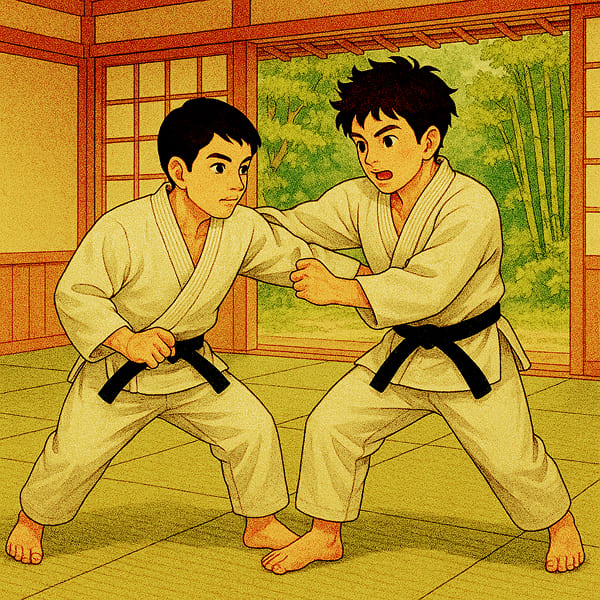Judo: The Way of Gentle Strength in Japanese Martial Arts

Contents
A sudden movement. A clean throw. A moment of perfect balance.
Judo is not just a fight—it’s a philosophy in motion.
Born in Japan and practiced around the world, judo—which means “the gentle way”—is a martial art where strength meets strategy, and discipline shapes character. Rather than overpowering an opponent, judo teaches us to redirect force, remain calm under pressure, and act with respect and control.
Whether you’re drawn to its Olympic-level competition, its roots in samurai tradition, or its deep emphasis on personal development, judo offers more than technique—it offers a way of life.
The Origins and Evolution of Judo in Japan
Judo was developed in 1882 by Jigoro Kano, who reformed traditional Japanese jujutsu techniques into a more structured and educational form of martial arts. Kano believed that martial arts should nurture not only physical skill but also moral character, mental clarity, and lifelong personal development.
Established at the Kodokan Judo Institute in Tokyo, judo quickly gained prominence in Japan and was later introduced to the global stage. It became an official Olympic sport in 1964 during the Tokyo Games, marking a milestone in its international spread.
Core Techniques and Philosophy of Judo
At the heart of judo lies the concept of maximum efficiency with minimum effort. Practitioners aim to neutralize opponents through precision, timing, and balance, rather than brute strength. The three main types of techniques are:
- Throwing Techniques (Nage-waza): Executing clean throws to unbalance and topple the opponent.
- Ground Techniques (Ne-waza): Grappling, pinning, joint locks, and chokes after bringing the opponent to the ground.
- Joint-Locking Techniques (Kansetsu-waza): Applying pressure to joints for control or submission, used carefully under strict rules.
Victory in a judo match can be achieved through a clean throw (ippon), a successful hold-down, or a submission via lock or choke.
Judo as a Path to Personal Growth
Beyond combat, judo promotes mental strength, self-discipline, and ethical conduct. The suffix -do (道) signifies "the way," reflecting the martial art’s role as a journey of personal improvement. Judo instills:
- Respect (Reigi): Etiquette and respect toward instructors, opponents, and the dojo are essential.
- Perseverance (Nintai): Developing endurance and mental toughness through rigorous practice.
- Sincerity (Seijitsu): Practicing with honesty and integrity; cheating and deception are against the spirit of judo.
These values are not limited to the tatami (judo mat); they are life principles embraced both in and outside the dojo.
Global Popularity and Modern Applications of Judo
Today, judo is practiced in over 200 countries, with national federations under the International Judo Federation (IJF) organizing global competitions such as the World Judo Championships and the Olympic Games.
Beyond competitive sport, judo is also integrated into school programs and university curricula, especially in Japan. It is used as a means to educate students about mental training, teamwork, and cultural heritage.
Judo’s Deep Cultural Roots in Japan
Judo reflects the core tenets of Japanese philosophy, including harmony, humility, and self-mastery. Its principles align closely with Bushido, the samurai code of ethics, and the broader cultural values of honor, discipline, and mutual respect.
Practicing judo provides insight into Japanese traditions and fosters appreciation for its unique cultural landscape.
Conclusion: Why Judo is More Than Just a Martial Art
Judo is more than a method of self-defense or competitive sport—it is a philosophy and lifestyle that promotes personal transformation. Through judo, individuals cultivate strength, respect, perseverance, and sincerity—universal values rooted in Japanese heritage and increasingly embraced around the world.